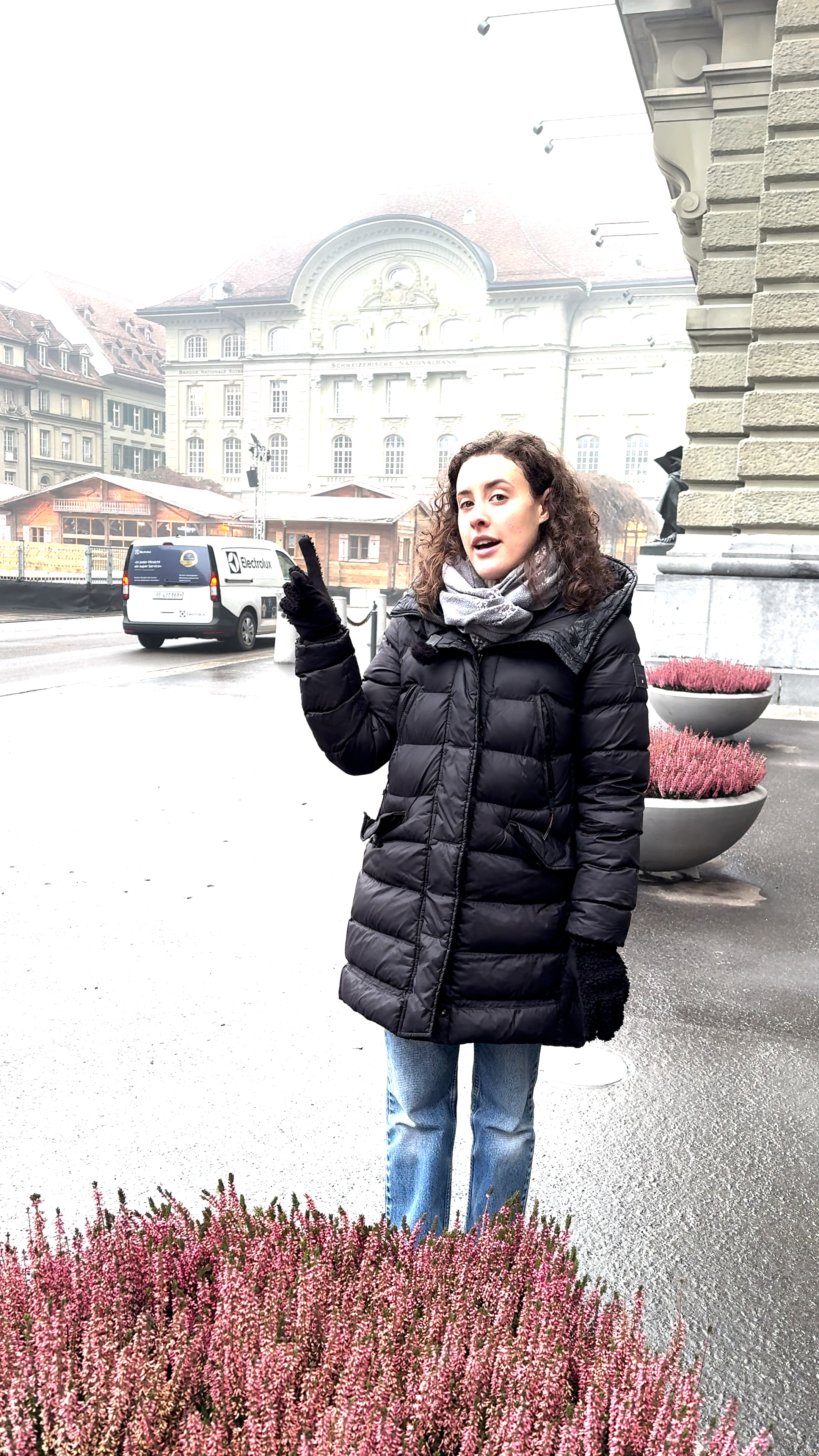

Switzerland Today
Hello from Bern,
Where if you’re a pigeon lover, a drone pilot, or a company making microchips that could – theoretically, in a roundabout way, some day – be used in killer weapons, then the Swiss authorities might have something to say to you.

In the news: lots of bankruptcies, not enough methadone.
- A total of 10,126 firms filed for bankruptcy in Switzerland last year, an increase of almost 37% on 2021, creditors’ association Creditreform said on Thursday. About two-thirds of the cases were due to insolvencies, and one-third to organisational shortcomings. The steep rise is partly due to a catch-up effect after the pandemic, during which many “zombie firms” were prevented from folding due to government aid.
- The Swiss Society of Addiction Medicine (SSAM) has warned of a possible shortage of methadone tablets in the coming weeks. According to public radio SRF, Swiss drugs regulator Swissmedic has suspended, for safety reasons, the operating licence and all drug licences of an important drugs producer. SSAM is thus calling for easier import procedures for the 9,000 people in Switzerland who depend on methadone.
- Grazing cows emit less environmentally harmful nitrous oxide than previously thought, according to researchers from the Swiss agricultural research centre Agroscope. An experiment on a northern Swiss farm calculated that the cows are responsible for only about 5% of nitrous oxide emissions from agriculture. The climate-warming effect of nitrous oxide is about 265 times stronger than that of carbon dioxide.

Drones in vogue: what could possibly go wrong!
The Swiss love not just SUVs but also UAVs: after authorities announced new reporting and flying rules for drones just over a month ago, some 10,000 people have already registered with the Federal Office of Civil Aviation (FOCA). The office is “inundated”, a spokesman said on Thursday. And while FOCA didn’t give details on which types of drones were being registered, they expect the rate of 8,000-10,000 applications a month to continue.
Also in the news today however was a different type of drone: an Iranian-built one which was shot down in Ukraine last Autumn. US media CNN writesExternal link that of the 52 components analysed from the Shahed-136 machine, 40 appear to have been manufactured by 13 different American companies, while the other 12 parts were made by firms in Canada, Japan, Taiwan, China, and —Switzerland.
This raises some tricky questions: not only about the sanctions put in place to frustrate Russian military progress in Ukraine, but also about the Swiss policy of neutrality, which prohibits the export of weapons (including dual-use) to warzones. It raises the question of how to control the export of mass-produced products which, according to a SonntagsBlick reportExternal link, might have been sold a decade ago already, and are also used in things like lawnmowers.
How to ensure that such things don’t fall into the wrong hands? Is it even possible, for such small and often anodyne pieces (famously, you can also do a lot of damage with a paper-clip)? The Swiss company in question writes on its website that its products (chips and modules) must not be used in weapons, and that its distributors are contractually oblige to respect this. But as RTS public media writes, the options for concretely combatting such issues remain “limited”.

Pigeon politics: tough times ahead for Zurich birds.
“I feed the pigeons, I sometimes feed the sparrows too, it gives me a sense of enormous well-being,” sang Britpop bird-lovers Blur in their 1994 “Parklife”. In Zürich, however, the search for such well-being is henceforth prohibited. The reason: a new cantonal law, which came into force on January 1, and which bans the feeding of wild animals such as foxes, badgers, birds of prey, and the city’s pigeon population.
The benefits of the ban are various, the Neue Zürcher Zeitung reports today. Pigeons, or affectionately “flying rats”, drop 80 tonnes of poo every year on the city, which amounts to an aesthetic and a hygienic problem; meanwhile the crumbs and scraps left out for them can attract other undesirables like actual rats. Cutting their food supply is also the best way to control numbers, since interfering with eggs in nests is too complicated, a city spokesman told the newspaper.
What does it mean for Zurich’s 16,000-strong pigeon population? Are they the latest victims of gentrification, pushed out beyond city boundaries? Of course they don’t know borders, being birds, but perhaps they will head somewhere else if there’s not enough food (hopefully not to the city of Yverdon, which has tackled its growing crow problem by employing a hawk). But for bird-lovers, the new law is clear: if you’re caught feeding pigeons, you’re in for a CHF200 ($215) fine.
More

In compliance with the JTI standards
More: SWI swissinfo.ch certified by the Journalism Trust Initiative






























